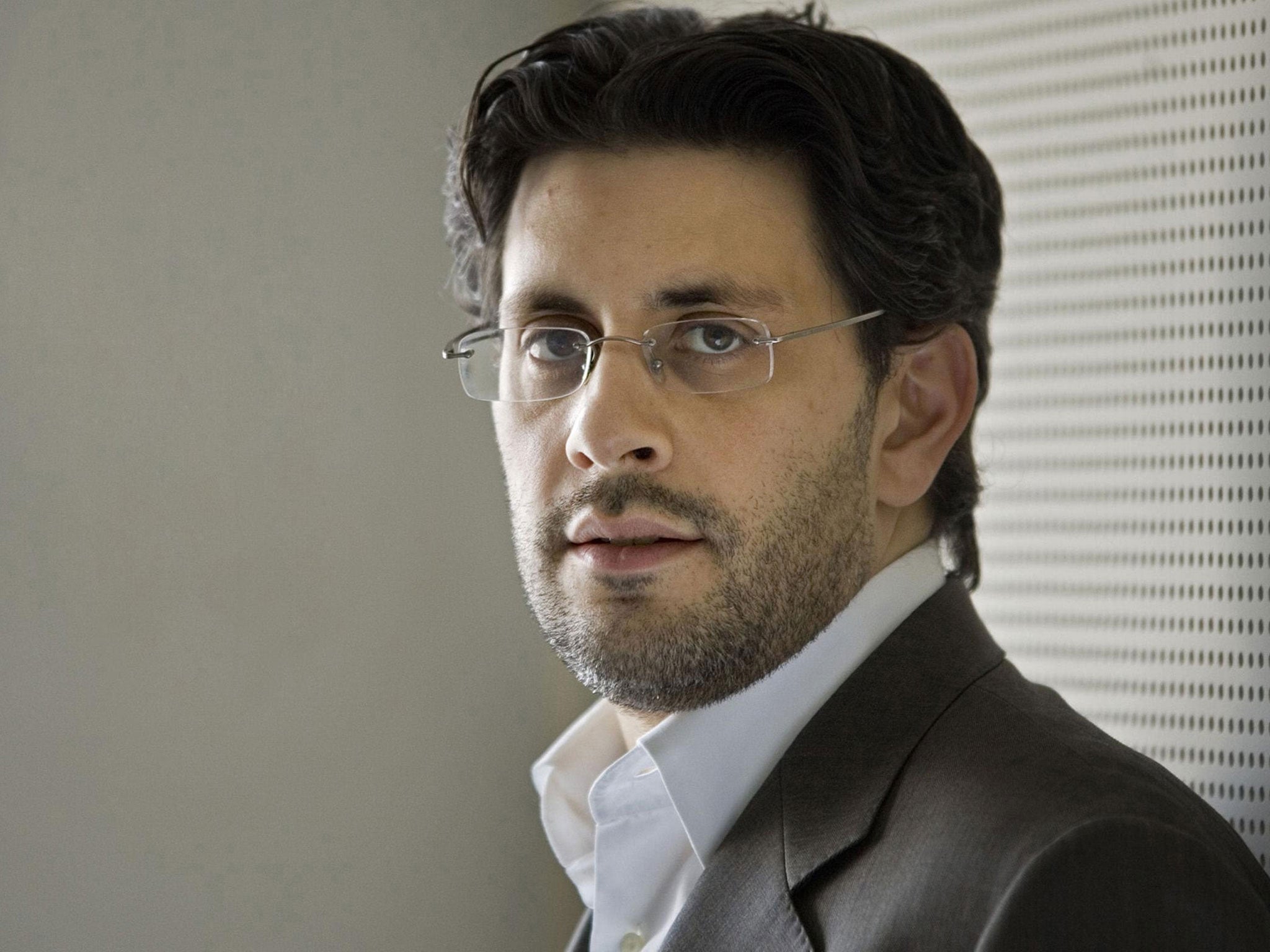BBC Director of Television Danny Cohen to work as 'runner' on Strictly Come Dancing as part of a shake-up designed to increase management knowledge of junior production roles
Decision to run errands part of a shake-up in BBC culture designed to 'give more status and seniority' to creative people at the BBC

The BBC’s Director of Television Danny Cohen is to work as a “runner” on Strictly Come Dancing and send his fellow senior managers “back to the floor” in junior roles to gain direct experience of the production process.
Cohen revealed his decision to run errands on the Saturday night entertainment show this autumn as part of a shake-up in BBC culture designed to “give more status and seniority” to creative people at the BBC, who have previously been less valued than the organisation’s managers.
The initiative comes as the BBC is facing a crisis over its senior management structure and the salaries and payoffs awarded to its executives, which has been the subject of stinging criticism by the National Audit Office and the House of Commons Public Accounts Committee.
“I think we senior managers should have a closer understanding of what it’s like on the ground in production at the coal face making the programmes and I’m going to encourage all my senior team to be runners and do similar things in the next few weeks, “ Cohen told The Independent today.
The plan echoes the BBC series Back to the Floor, in which business figures including food industry entrepreneur Luke Johnson, Ann Summers boss Jacqueline Gold and former Millwall chairman Theo Paphitis, were filmed performing junior roles.
Cohen announced that he was planning to assemble a team of around six senior creative figures to revitalise sections of the organisation. The BBC already has a Creative Director in Alan Yentob, who is paid £183,500, plus a second salary for presenting the landmark arts strand Imagine. The new “Creative Labels” roles will be based in a new unit called “Development Central” and will come with the task of bringing new creative energy to underperforming areas of the schedule across BBC networks.
“Up until now in the BBC to get status and seniority you have had to become a manager and I want to break that philosophy and give more status and seniority to the most creative people without burdening them with everything which goes with management which can be distracting and is not the best use of their time, said Cohen.
“It’s a way of giving higher profile to creativity and ideas development and benefiting people who don’t want to become managers but are crucial to the future of the BBC because they are some of our strongest creative. That’s quite a big change in philosophy for us really.”
He admitted that the BBC’s “current structures can stifle the energy and creativity of individuals”. He said: “We have been too siloed before and have risked having too hierarchical structures and the changes I have been trying to make are about releasing creative energy from those siloes and hierarchies.”
Cohen said he hoped the new creative roles would encourage star performers from outside the BBC to consider joining the organisation. “We will start with five or six but may grow it further. We will also use it to bring in interesting people from outside, it can be a really interesting recruitment tool for us because some people might think the BBC is big and I might get lost in there – if we try to recruit some of the most exciting people outside of the BBC it’s a way of giving them a place.”
In a further attempt to encourage creativity the BBC staff who come up with ideas for programme formats will see their names on the credits at the end of programmes, which has not always been the case in the past as executives and producers have claimed kudos for shows. “Everyone who develops an idea will get a credit, we haven’t had a consistent pattern of development credits and we are going to introduce development credits to ensure that that crucial stage in the development of a programme is properly recognised.”
Unfortunately for the BBC, Cohen’s initiative coincided with the announcement by his colleague James Harding, director of news and current affairs, that the BBC was to axe 75 posts in its news division.
In a memo to staff, he said the job losses would “add to uncertainty after what has been a trying year”. He said: "I also appreciate the concern the cost savings come at a time that so many people are working hard to make the most of new technologies and striving to deliver the best journalism in the world. The reality is that we have to live within the terms of the licence fee settlement.”
Cohen said he was excited about working as a runner for the first time. “I didn’t do running because I started in documentary programmes and so I started as a junior researcher,” he said. “I’m really looking forward to an interesting and enjoyable day.”
Join our commenting forum
Join thought-provoking conversations, follow other Independent readers and see their replies
Comments